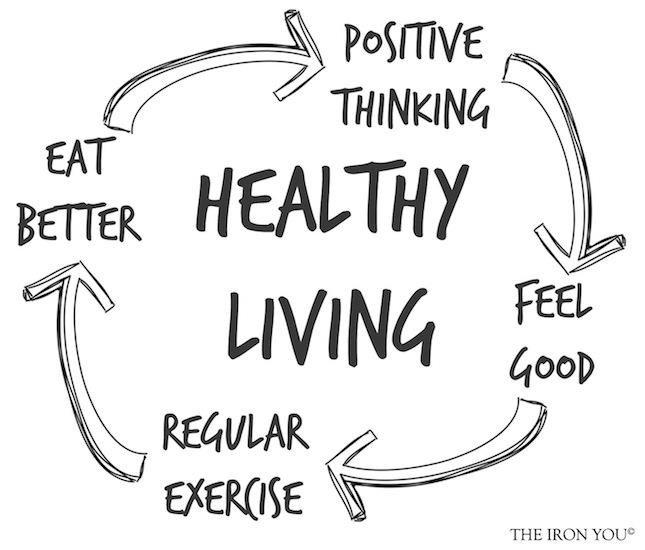I've talked to a lot of people about the hows/whys of diet failure from their own perspective. There are a few trends that I think a lot of people have experienced and is a driving force of why people quit or refuse to start working to a better self.
In no particular order here are some of the quickest answers that are given (see if you agree or disagree):
- People are too hard on themselves (unrealistic goals, no goals, or no perseverance)
- There is no support or accountability
- A desire for a goal, but there is no actual ambition to finally reach that goal
- Not tracking progress (caloric, measurements, etc)
- Wrong diet for the expected results
To me there are some other elements that come into play:
- Lack of sleep (your body will supplement energy through calories instead of sleep - don't believe me? Check it out.
- Poor timing of meals
To me the over arching theme that has hit me with the Paleo/Primal diet is the time - or lack there of time in every aspect of a diet/change of lifestyle. The age old advice of my mother comes to mind when she had late meetings and still needed to get dinner on the table by 6. This wasn't because my dad demands his dinner by 6 on the dot, this isn't the case. The admirable reason for needing dinner on the table by 6 was because she had a gym class at 7 and needed time to eat, change, and get to the gym.
Let's face it, prepping and cooking meals, as well as cleaning a sink full of pots and pans, can take a lot of time. My hectic schedule can't handle that kind of commitment on a regular basis. Add the difficulty of making healthy foods taste great, we have a Herculean task on a good day and a near impossible activity on a stressful day.
So how does one manage food prep, a small amount of actual pots and pans, cooking, and making sure it is ready to eat at a reasonable time? I'll give you a hint, fast food/t.v. dinners aren't the answer. I really don't know if there is really a right answer, but I am going to hit up the entire slow cooker theory. The experiment starts Friday when my parents come over for dinner after I've been at work all day for staff development. If this works, I am going to try and add this tool into the mix of conquering the lifestyle to a new me.















